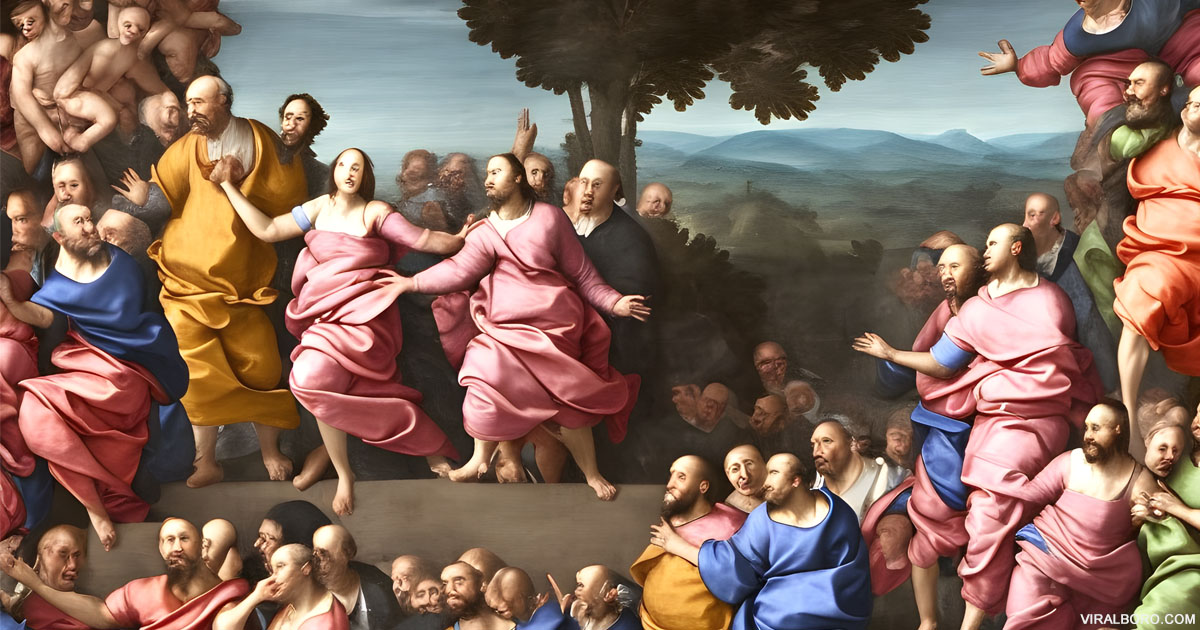The Global History of Presidential Incarceration: Examining Political Repression and Social Injustice in the Last 50 Years
Over the past 50 years, the world has seen numerous cases of presidential incarceration. These incidents have involved political repression, human rights violations, and social injustices. We will explore some of the most significant cases of presidential incarceration in different countries over the past 50 years.
Jean-Bertrand Aristide
In Haiti, former President Jean-Bertrand Aristide was overthrown in a military coup in 1991 and forced into exile. He was later returned to power in 1994 but was again forced into exile in 2004 after a rebellion backed by the United States. Aristide's imprisonment and exile were part of a long history of political instability and foreign intervention in Haiti, which has often resulted in the incarceration of political leaders.
Isabel Perón
In Argentina, the military dictatorship that ruled the country from 1976 to 1983 was responsible for the incarceration and torture of thousands of people, including former President Isabel Perón. Perón, who became president after the death of her husband Juan Perón, was overthrown in a military coup in 1976 and was held in detention for five years. Her imprisonment was part of a broader campaign of political repression that led to the disappearance of tens of thousands of Argentines.
Nelson Mandela
One of the most notable cases of presidential incarceration occurred in South Africa with the imprisonment of Nelson Mandela, who became a symbol of the struggle against apartheid. Mandela was sentenced to life in prison in 1964 on charges of sabotage and conspiracy to overthrow the government. He spent 27 years in prison before his eventual release in 1990. Mandela's imprisonment was a significant moment in the history of South Africa, leading to international condemnation of apartheid and eventually contributing to its downfall.
Alberto Fujimori
In Peru, former President Alberto Fujimori was sentenced to 25 years in prison in 2009 for human rights violations and corruption. Fujimori was accused of ordering the kidnapping and murder of political opponents and journalists during his time in office. His trial was seen as a landmark moment in the fight against impunity in Latin America.
Park Geun-hye
In South Korea, former President Park Geun-hye was sentenced to 25 years in prison in 2018 for corruption and abuse of power. Park was accused of colluding with a confidante to extort money from businesses and giving her access to classified documents. The scandal sparked massive protests across the country, and Park's impeachment and imprisonment represented a significant victory for South Korean democracy.
Mohamed Morsi
In Egypt, former President Mohamed Morsi was ousted in a military coup in 2013 and later imprisoned on charges of espionage and terrorism. Morsi, who was the country's first democratically elected president, died in prison in 2019. His imprisonment and subsequent death were widely condemned by human rights organizations and were seen as a sign of the authoritarianism that has taken hold in Egypt under President Abdel Fattah el-Sisi.
Moshe Katsav
In Israel, former President Moshe Katsav was sentenced to seven years in prison in 2011 for rape and sexual assault. Katsav, who was president from 2000 to 2007, was accused of assaulting several women during his time in office. His imprisonment was a landmark moment in the fight against sexual violence in Israel and represented a significant moment in the history of presidential accountability.
Richard Nixon
In the United States, former President Richard Nixon famously resigned from office in 1974 after the Watergate scandal. While Nixon was not incarcerated, his resignation and subsequent pardon by President Gerald Ford represented a significant moment in the history of presidential accountability in the United States. The Watergate scandal, which involved the illegal activities of Nixon's administration, led to the creation of several laws and regulations aimed at preventing abuses of power by future presidents.
These cases of presidential incarceration illustrate the importance of holding leaders accountable for their actions. Whether it is corruption, abuse of power, or human rights violations, no leader is above the law. The imprisonment of political leaders sends a powerful message that there are consequences for actions that undermine the rule of law and violate the rights of citizens. As we move forward, it is crucial to continue to demand transparency and accountability from our leaders, both at home and abroad. Only by holding our leaders to account can we ensure a more just and equitable future for all.

